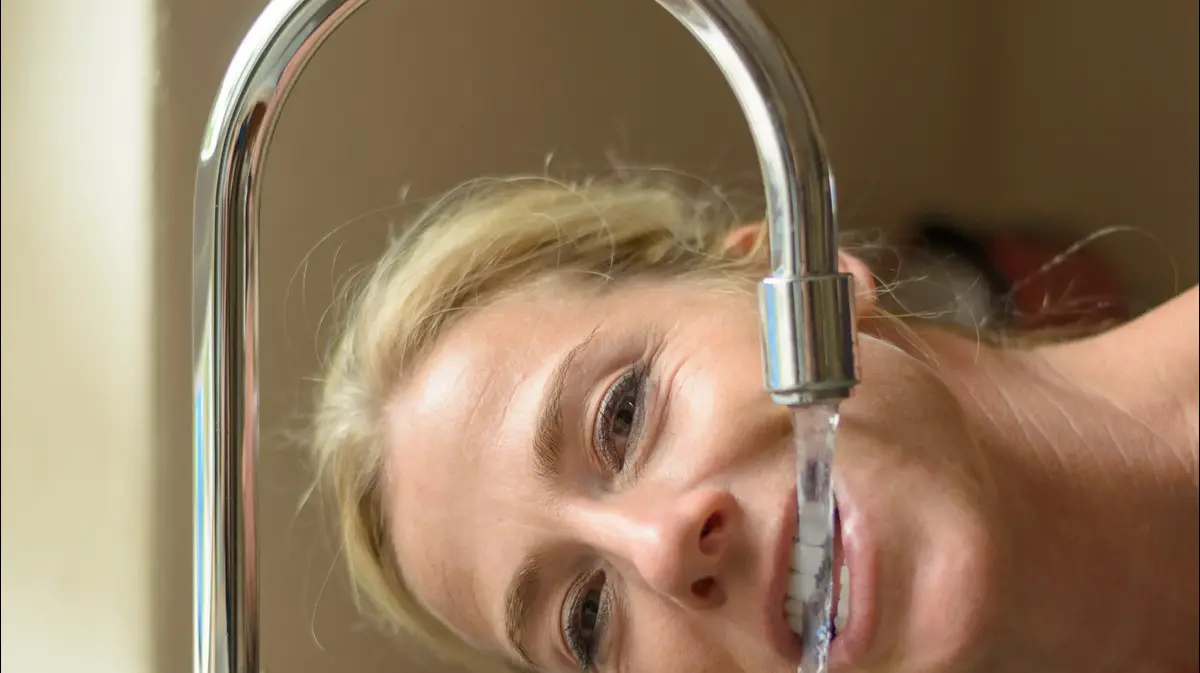Latakia-Sana
The Directorate of Water Resources in Lattakia put liquid chlorine plant to sterilize drinking water from the spring in the service capacity of 8000 liters every six working hours to meet the need of water to be pumped to Latakia and the city of Tartous.
In a statement to SANA correspondent today between the Director of Water Resources in Lattakia, Eng. Nabil Hassan, the plant is a supportive sterilization system with liquid sodium hypochlorite to provide the spring pump unit with alternative liquid sterilizers of chlorine gas in the cylinders and allows the manufacture of liquid sodium hypochlorite at a concentration of 10 to 12 percent and achieve standards Sustainable development and preservation of the environment by dealing with all by-products of the manufacturing process by means of solid waste drying units to be invested in other locations.
He pointed out that the daily production amount reaches 8000 liters every six working hours.
The project started last December and is a donation from the International Red Cross Organization in cooperation with the Syrian Arab Red Crescent.
The project manager in the company and the design of drinking water and wastewater treatment plants Engineer Hassan Aqeel explained that the plant includes four working stages starting from the manufacture of sodium hypochlorite from the HIP and assembled with local capabilities that determine the doses of injection of the material with pumping lines to be controlled within the Syrian standard No. 45, which allows access On the free chlorine reaches consumers by 0.3 milligrams per liter. In the final stage, the monitoring and verification system collects samples automatically from traction lines, analyzes them automatically and sends their results to the central control panel, which increases or decreases the speed and quantity of injections and doses.
The spring feeds Lattakia and Tartous governorates with drinking water and is pumped daily about 330 thousand cubic meters to the province of Latakia through four tow lines.
Bassam Al Ibrahim





